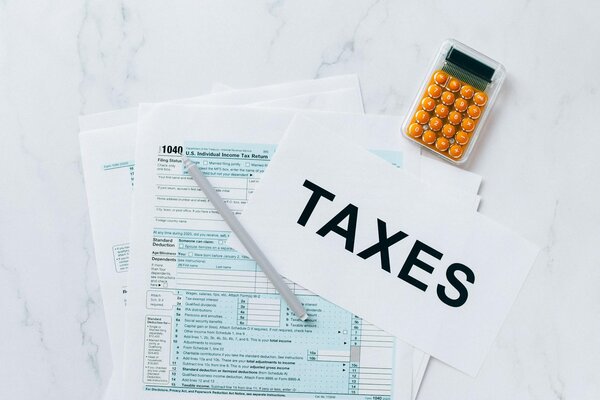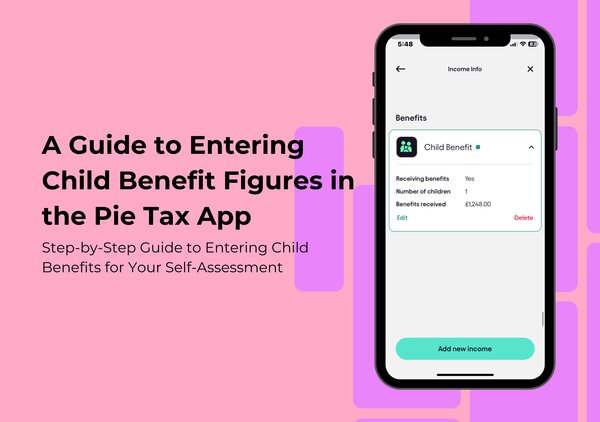Rachel Reeves Considers National Insurance Levy on Landlords
Chancellor Rachel Reeves is weighing whether to extend National Insurance (NI) to rental income as part of efforts to tackle a projected £50 billion fiscal shortfall. Treasury officials have been examining the idea, which could raise billions in additional revenue, though critics warn it risks driving landlords out of the market and pushing up rents.
The policy has gained attention because it would expand the scope of NI rather than raise existing rates, meaning Labour could argue it does not break the party’s 2024 election pledge not to increase income tax, VAT, or employee National Insurance. Supporters frame it as a way to ensure “unearned income” is taxed more fairly, while opponents fear it could worsen pressures in an already fragile rental housing market.
Treasury Faces £50bn Fiscal Challenge
Independent forecasters, including the National Institute of Economic and Social Research (NIESR), have warned that the government must address a shortfall of around £50–51 billion through either spending cuts or new taxes. Reeves has committed to fiscal responsibility, insisting she will not allow borrowing to spiral, but the scale of the challenge leaves few painless options.
By extending NI to landlords’ rental income, the Treasury could unlock a new source of funds at a time when public services, debt costs, and economic growth pressures are weighing heavily on the budget.
How the National Insurance Proposal Would Work
Currently, landlords pay income tax on rental profits but do not contribute NI on this income. Applying NI would change that dynamic, potentially raising several billion pounds a year.
The standard employee NI rate is 8% on earnings up to £50,270, before falling to 2% above that threshold. If similar rules applied to property income, the measure would disproportionately affect smaller landlords compared to wealthier portfolio owners.
Political and Public Debate
Labour allies argue the move does not breach the manifesto pledge, since it extends NI’s scope rather than raising the rate itself. “This is about fairness ensuring unearned income doesn’t escape contributions that working people already make,” one supporter told reporters.
Critics, including landlord groups and some economists, warn that higher taxes on property income could encourage landlords to sell up, reducing supply and fuelling rent increases for tenants.

Timeline and Policy Development
Reports in late August 2025 confirm that Treasury officials are actively considering the measure. However, the precise timing remains unclear. The October 2024 Budget has already passed, meaning the proposal would likely be reserved for a future fiscal event rather than imminent implementation.
While think tanks such as the Resolution Foundation have previously floated property-related tax reforms, recent coverage has not confirmed whether this exact proposal originated from their work or from Torsten Bell, now a pensions minister and former director of the Foundation.
Other Tax Measures Under Discussion
Alongside the NI-on-rental idea, ministers are reported to be reviewing broader tax reforms. However, speculation about capital gains changes on high-value homes or replacing stamp duty has not been verified by recent reporting. For now, the only confirmed option under active Treasury discussion is the rental income levy.
Official Responses
Asked about the potential changes, Education Minister Stephen Morgan refused to rule out the policy, telling Times Radio
“It’s not appropriate for me to comment on ongoing speculation. It’s really important that we focus on the Budget and make sure it delivers for working people around the country.”
A Treasury spokesperson also declined to confirm specifics but stressed
“The best way to strengthen public finances is by growing the economy. We are committed to keeping taxes for working people as low as possible, which is why we have protected payslips and ruled out increases to income tax, VAT, or employee NI rates.”

Final Summary
Reeves weighs NI levy on landlords amid fiscal shortfall.
The proposal to apply National Insurance to rental income marks one of the most significant tax debates of Labour’s term so far. With a £50 billion gap in the public finances, Rachel Reeves faces intense pressure to identify new revenue streams without breaking the party’s election promises. Extending NI to landlords would raise fresh funds while maintaining her pledge not to hike headline tax rates. Yet, the plan carries risks for the housing market, with landlords warning of higher rents and reduced supply. For Reeves, the decision will test her ability to balance fiscal discipline, fairness in taxation, and the political risks of targeting property income.











